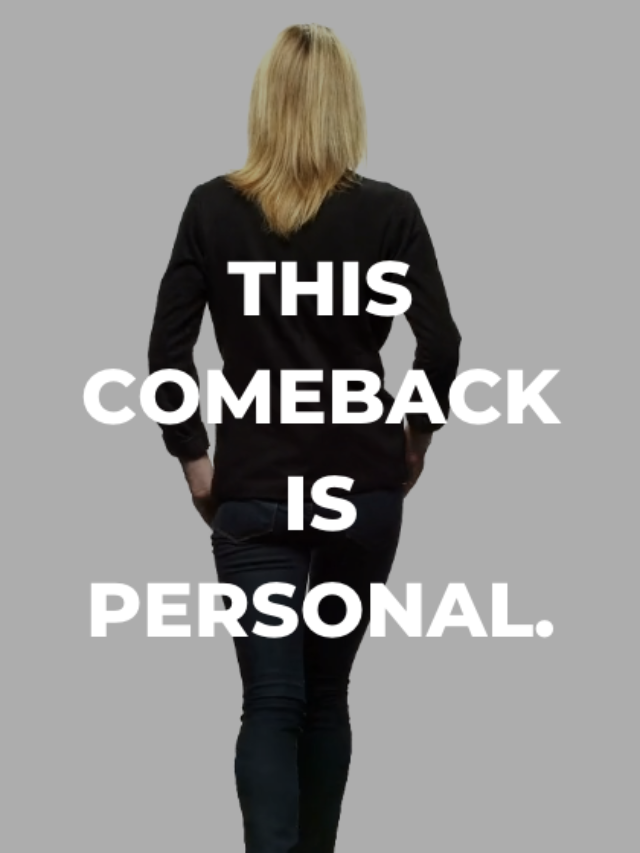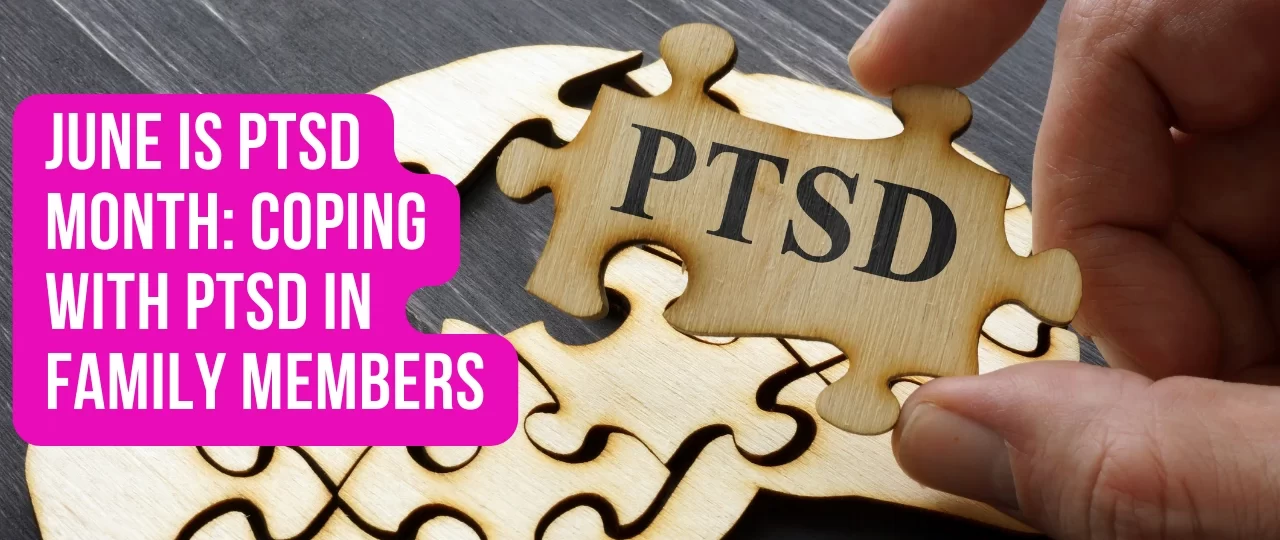June is PTSD month. Sadly, the media focuses on Pride Month so much that they are forgetting about something that is also important to talk about PTSD or Post Traumatic Stress Disorder. If a person has had trauma, that is followed by PTSD at anytime. Those new to saltyvixenstories.com, I am open about why I chose "Salty Vixen" - to sum it up, I was a Vixen in a Salty Situation 18 June 2004- I was sexually assaulted on a polo field at 10:45 PM during a Polo After Party in England. I know who the man is - and I wanted to forget. Then I saw him again at a charity event 18 June 2016, my trauma came back, and on my 'about me' section, There is a photo, I am behind Prince Harry, with the rest of the people, looking out-of-it. I saw the man who had sexually assaulted me in 2004.
Again, I wanted to forget and I did - but then Prince Harry decided to talk about his trauma by writing a book called "Spare". that was the trigger and for MONTHS I kept repeating the Sexual Assault over and over again, the time leading up to it, what he wore, the smell of his cologne- what that man didn't know is I kept a journal from that very moment; I never forgot his name. I used the Vixen in a Salty Situation and turned it positive- Hence: Salty Vixen.
So Prince Harry, I get you have a lot to say, but you forget, as usual, the people around you. You are not the only one who has experienced Trauma. Many people around you have and you don't care to know- not that it matters anyway. We all just want to forget to move on- but that is it. Harry kept running his mouth and the memories become so vivid that I couldn't take control of my life again- that was PTSD for me. I had to do something and then I created what is now known as Salty Vixen Stories & More - A Digital Magazine for Women. As many of us were part of #metoo movement - many of us were a Vixen in a Salty Situation.
In my situation I couldn't talk about it but I can take control of my life back. I want to thank that man from 18 June 2004, he was the inspiration behind Salty Vixen. So with that said, let's talk about PTSD.
Coping with PTSD in family members can be a difficult thing to do. The effect of PTSD on family can be great. Studies have shown that families where a parent has PTSD are characterized by more anxiety, unhappiness, marital problems, and behavioral problems among children in the family as compared to families where a parent does not have PTSD.
This finding is not entirely surprising. PTSD symptoms can cause a person to act in ways that may be hard for family members to understand. Their behavior may appear erratic and strange or be upsetting.
The Role of the Family
The family can either positively or negatively impact on a loved one's PTSD symptoms. The first step in living with and helping a loved one with PTSD is learning about the symptoms of PTSD and understanding how these symptoms may influence behavior.
Re-Experiencing Symptoms
The re-experiencing symptoms of PTSD include the following:
- Frequently having upsetting thoughts or memories about a traumatic event.
- Having recurrent nightmares.
- Acting or feeling as though the traumatic event were happening again, sometimes called a "flashback."
- Having very strong feelings of distress when reminded of the traumatic event.
- Being physically responsive, such as experiencing a surge in your heart rate or sweating, to reminders of the traumatic event.
Thoughts and memories about a traumatic event can easily be triggered or brought up. Many things can serve as a trigger such as certain words, sights, sounds, or smells. As a result, a person with PTSD may not always appear "present." Frequent thoughts may interfere with concentration or the ability to follow a conversation.
In addition, because thoughts and memories about a traumatic event can easily be triggered, a person with PTSD may quickly and easily become upset. To the person without PTSD, these experiences of distress or anxiety may appear to come completely "out of the blue."
Some people with PTSD may also act as if the traumatic event is occurring again. They may regard you as a completely different person. When this is happening, the person with PTSD does not necessarily know what they are doing, as they are in a dissociative state.
Avoidance Symptoms
The avoidance symptoms of PTSD include the following:
- Making an effort to avoid thoughts, feelings, or conversations about the traumatic event.
- Making an effort to avoid places or people that remind you of the traumatic event.
- Having a difficult time remembering important parts of the traumatic event.
- A loss of interest in important, once positive, activities.
- Feeling distant from others.
- Experiencing difficulties having positive feelings, such as happiness or love.
- Feeling as though your life may be cut short.
A person with PTSD may go out of his way to avoid certain people, places, or activities. This is not because the person is no longer interested in these people, places, or activities. Instead, it's because these things somehow trigger thoughts and memories about the traumatic event.
Family members may also feel as though their loved one with PTSD is emotionally cut-off or distant. This is not a personal choice on the part of the person with PTSD. People with PTSD have been found to experience something called emotional numbing. As the name implies, emotional numbing refers to the inability to have certain emotions. Emotional numbing may interfere with a person's ability to experience love and joy.
Hyperarousal Symptoms
The hyperarousal symptoms of PTSD include:
- Having a difficult time falling or staying asleep.
- Feeling more irritable or having outbursts of anger.
- Having difficulty concentrating.
- Feeling constantly "on guard" or like danger is lurking around every corner.
- Being "jumpy" or easily startled.
A person with PTSD may always feel as though he (and potentially their family) are in danger. He may be in a constant state of readiness. As a result, he may be more on edge or irritable. Some people with PTSD (especially people with PTSD due to combat) may also decide that certain places or situations are unsafe such as subways or busy, crowded places. These places or situations would then be avoided at all costs.
What Can a Family Do?
A family can do a number of things to cope with a loved one's PTSD. First, it is important to understand that the loved one's behavior does not necessarily indicate his true feelings. That is, he may want to go out with friends and family but he is too afraid of bringing up upsetting thoughts and memories. It is important for family members to understand their loved ones symptoms and the impact of those symptoms on behavior.
A family also needs to know what leads to those symptoms. That is, family members need to know their loved one's triggers. For example, if you know that the nightly news on the TV always triggers your loved one's PTSD symptoms, you may want to schedule other activities during that time so there is no way that your loved one will contact those triggers.
Family members may also need to change their routines based on a loved one's symptoms. For example, if your loved one tends to have nightmares, try to figure out a way to wake him up without touching him. Some people with PTSD may respond as though they are being attacked.
Finally, support groups and/or couples counseling may be a good way to learn how to communicate with your loved one, as well as cope with his PTSD symptoms. They may also help you find the best way to encourage your loved one to get help if he hasn't already.
The symptoms of PTSD are the body's attempt to cope with extreme stress. Recovery from PTSD can be a long and difficult road. A family's support and understanding can be invaluable on your loved one's journey to recovery.
Source:
Jordan, B.K., Marmar, C.R., Fairbank, J.A., Schlenger, W.E., Kulka, R.A., Hough, R.L., & Weiss, D.S. (1992). Problems in families of male Vietnam veterans with posttraumatic stress disorder. Journal of Consulting and Clinical Psychology, 60, 916-926.




















